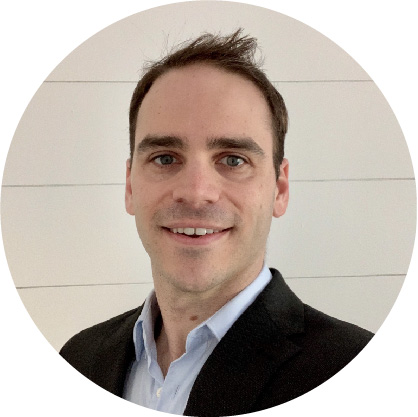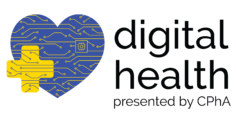Digital Health Corner Editor: Parisa Vatanka, PharmD, CTTS

Technology has been revolutionizing our world and is not going to stop. Computers, video calls, smartphones, digital maps, the human genome project, Bluetooth, 3D printing, the Mars rover, self-driving cars, and countless medical devices have all made our lives easier and more informed. It is unfathomable to think of what we used prior to the integration of technology in our daily lives. For some people, this integration has been met with open arms, while others have resisted. As our medical world continues to be enriched by technology, it is important for clinicians to keep in mind that not every patient will have the same receptivity.
When evaluating new technology as an Ambulatory Care Clinical Pharmacist who manages multiple chronic disease states, it is easy to be invigorated by the tremendous potential to benefit patient care quality and outcomes and to believe that all patients will benefit. It is important that we don’t lose sight of the modern paradigm of healthcare and remember that it is a relationship that we must foster with our patients first – working as a symbiotic unit to develop our treatment plans together. Many strides have been made to get away from “the old days” where the doctor tells the patient what to do with no input from the patient.
In our clinic, it has taken a lot of trial-and-error to find the best way to approach a discussion with a patient about starting a new health technology device. For some, it’s a quick conversation and the excitement is mutual, but for others it requires a deep dive into the minutiae. For example, I had a patient that I identified would benefit from having a remote monitoring device to track respiratory inhaler usage to allow for early identification of potential COPD exacerbations. The patient’s sole concern was “I don’t want the government tracking me”. I explained “This information is only received by your healthcare team via a highly encrypted software”. Unfortunately, there was nothing I could say that was going to alter the patient’s perspective. It was important for me to realize the strain that this conversation was potentially having on our relationship. If I did not respect these views, no matter how much I disagreed, it may have resulted in the patient not continuing to work with me to manage their chronic diseases. This was a difficult result to accept as I truly believed the patient’s health outcomes would have benefitted from implementation of the technology.
As medical professionals, we must remember that each patient is unique, and we must interact with each one in a different way to meet them as individuals. Our messages must be developed with the patient at the center of the blueprint. The identity of each patient takes time to understand and is dynamic. By adhering to these tenets, we will develop strong relationships with our patients that will maximize their engagement in their own health. We must persevere in our mission to implement the modern paradigm and be understanding of patients as individuals, especially in those that may be resistant to change.
Thomas Brazeal, PharmD, APh, BCACP, joined Desert Oasis Healthcare (DOHC) in 2015 as a PGY-1 Pharmacy Resident. After completion of residency, he continued to work as a Clinical Pharmacist with DOHC. In 2021, he became the Manager of Technology & Outcomes for Population Health and Prescription Management (PHARxM) at DOHC. Dr. Brazeal has strong interests in pulmonary medicine, research, and digital health technology. Dr. Brazeal attended Pharmacy school at Pacific University, in Oregon, after earning his Bachelor’s Degree from the University of California, San Diego. During residency, he helped to launch the Pulmonary Clinic, which treats asthma and COPD patients under a collaborative drug therapy protocol. The main objective of the Pulmonary Clinic is to prevent all-cause utilizations by treating patients with a comprehensive approach. Since inception, the Pulmonary Clinic has continually evaluated the outcomes and seen positive results. A formal analysis is pending and will provide detailed evidence on the impact of a Clinical Pharmacist-led Pulmonary Clinic on the management of patients with asthma and/or COPD. At DOHC, Clinical Pharmacists lead clinics including Anticoagulation (warfarin and DOAC), Pulmonary, Hepatitis C/Infectious disease, Cardiometabolic (diabetes, hypertension, hyperlipidemia, CHF), Anemia, and Behavioral Medicine. The Clinical Pharmacists strive to make every effort to achieve the quadruple aim, great patient experience, improved population health outcomes, reducing costs, and focusing on care team well-being.

